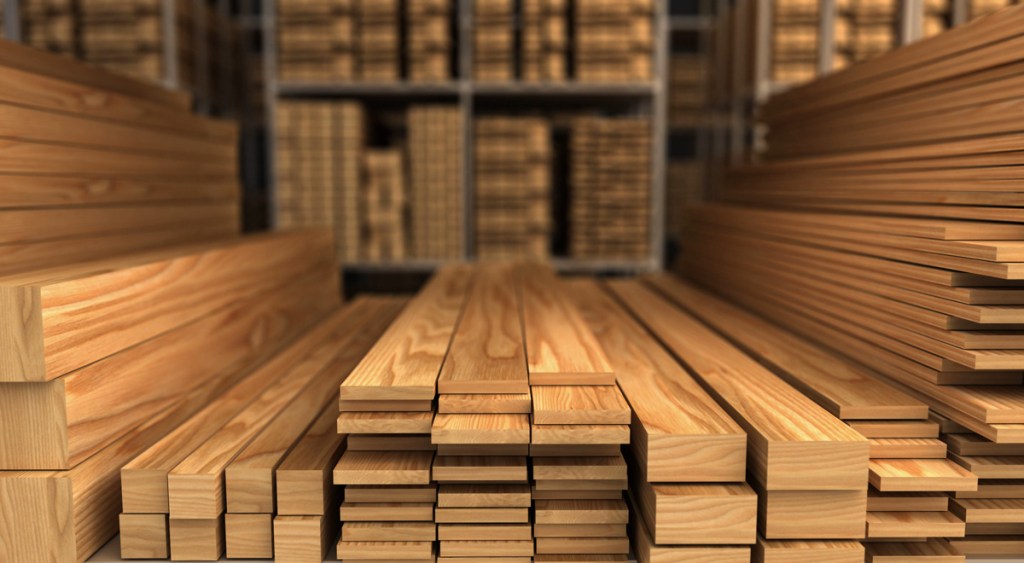The COVID-19 pandemic has caused lumber prices to skyrocket more than 160% since April after a spike in home renovation by cooped-up Americans, according to the National Association of Home Builders.
Higher prices are adding about $16,000 to the cost of a new house, said Robert Dietz, NAHB’s chief economist.
“As people started nesting in response to the pandemic, they started undertaking all sorts of home renovation projects,” Dietz said. “At the same time, sawmills started shutting down and have only partially reopened because of social distancing concerns.”
The lumber industry lost 6,000 jobs as a result of the pandemic, and has gained back – on a net basis – only half of those, he said.
“Growing demand for lumber met insufficient supply, and the result has been escalating prices,” Dietz said.
While the lumber industry has only partially reopened, imports from Canada, which supplies about a third of the lumber used in the U.S., are still being hit with 20% tariffs put in place by President Donald Trump three years ago.
“One thing that would help is if the Trump administration would temporarily suspend tariffs on lumber coming from Canada,” Dietz said.
The U.S. and Canada in 2006 signed a trade pact, the Lumber Softwood Agreement, that expired in 2015 without a replacement.
In 2017, Trump imposed tariffs on Canadian lumber imports as part of his “America First” economic policy aimed at reducing trade deficits. Subsequent tariff hikes were aimed at goods coming from China, South Korea, and other countries.
Trump, a self-proclaimed “tariff man,” has often said the countries manufacturing the goods pay the tariffs, and that American consumers aren’t getting hit with the bill. But, the tariffs are collected by U.S. Customs and Border Protection agents from importers when goods enter the country, who usually pass on the cost to consumers.
Another word for a tariff is a tax. Traditionally, Republicans have been opposed to tariffs, saying they interfere with free trade.
“The cost of getting lumber with that tax, combined, makes it very expensive,” Dietz said.







